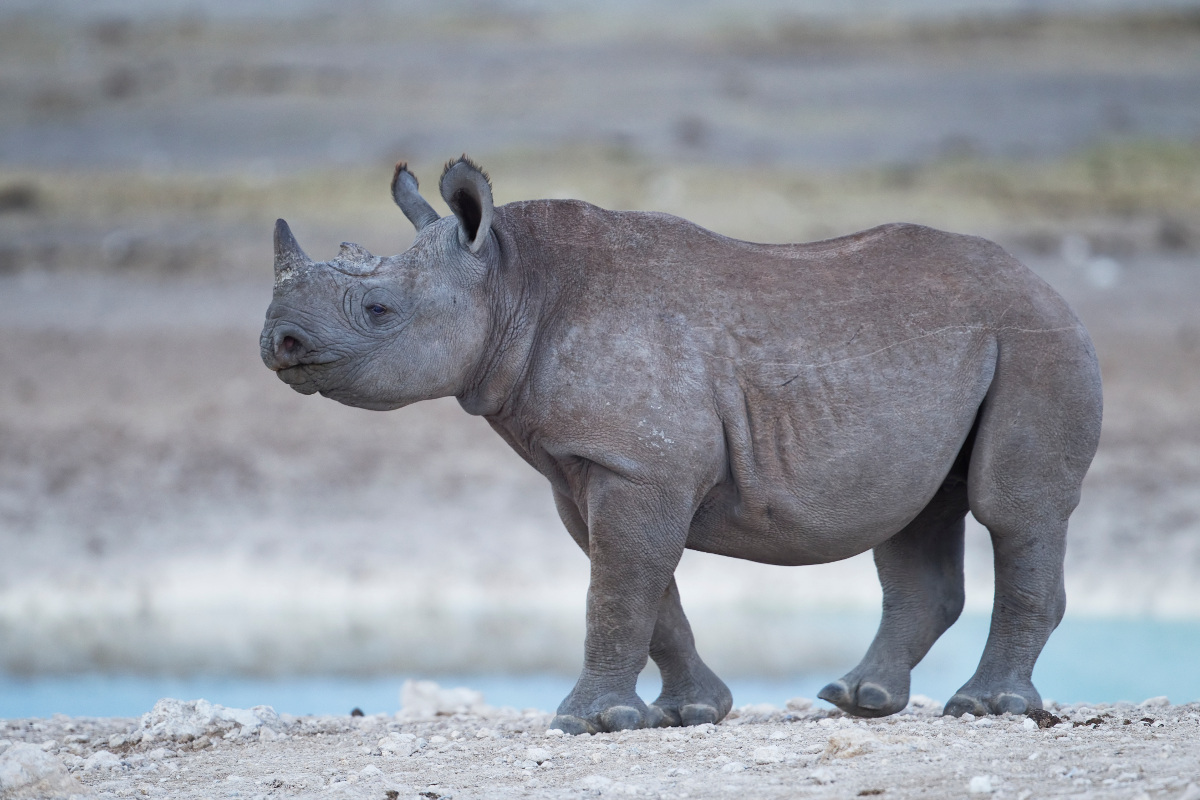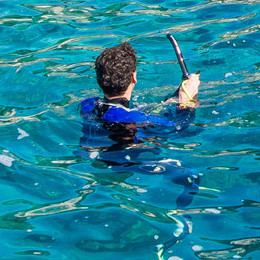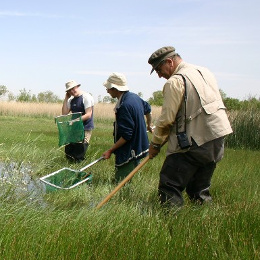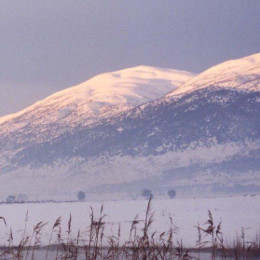Postcard from Namibia: Why nature can’t find its value in money
If anyone has earned the right to comment about monetizing nature it is Christiaan Bakkes. As a ‘bright-eyed and idealistic’ believer in the virtues of allowing local communities to make a financial profit from wildlife, he spent twenty years in Namibian conservation organizations helping it to happen. As Namibia set up ever more community-benefit conservation areas, for a while both wildlife and the communities appeared to be flourishing, all helped by the good rains that lasted through a fifteen year cycle. He writes, ‘Plains game proliferated and black rhino numbers increased. More newborn elephant calves were noted among the small desert-adapted herds. The desert lion made a remarkable comeback. What a pleasure it was to take foreign travellers on a safari through this arid African Eden.’
But at the heart of the enterprise was a contradiction which is undoing all the gains of the previous fifteen years. Now the wildlife is being decimated.
We must understand the contradiction, because Namibia is a microcosm for an experiment underway on a global scale. The experiment is based, by faith, on the dictum ‘If it pays, it stays.’ The contradiction is that ‘what pays’ gives no moral reason for the people being paid to know when they have enough. And so it has proved in Namibia. Bakkes writes: ‘It seems that even for conservationists, wildlife and wilderness have no place if they cannot be of financial value to people. Never was this doctrine more evident than in community-based conservation in Namibia. It is all about money. Financial benefits to the community were the focus. National pride, ethics, aesthetics and sound ecological practices shared a sad second place. If any place at all. Everything must have a price tag. Our relentless quest for financial benefit bred one thing: GREED. It set the stage for disaster. Enter a higher bidder and all principles go out the window.’
Christian thinking about conservation places wildlife and people within the wider framework of our derived identity. We know we need help with our inherent greed. We know what matters, because we know there is a God who made us and who lovingly made it all. Enough is what works for creation, and what works for human society, and it lies within a trusting relationship with God, with his creation, and with our communities. By contrast, to trust in satisfying our financial self-interest as the way to secure the value of world-wide nature is a short route to scarcity and extinction, and a counsel of despair.
We urgently need to recover the roots of our own value, and of the true value of all that God has made.
Creation’s value can’t be measured by money, but in a rediscovery of the loved nature of the world.
Read ‘End of the game for Namibia’ by Christiaan Bakkes.
We are happy for our blogs to be used by third parties on condition that the author is cited and A Rocha International, arocha.org, is credited as the original source. We would be grateful if you could let us know if you have used our material, by emailing [email protected].





Perhaps conservationists need to articulate the primary reason we do what we do: love
Er… because we separate nature and culture in the first place – assuming nature is “out there” to be exploited or conserved. We made no effort to conserve in our daily lives. Ultimately it is not about which conservation projects that are worth supporting, but whether we see conservation as a set of core values as imago dei.
Thanks Darren and Peter for reading and commenting. I think this is a more important conversation than we realise. So often we talk about what we do in conservation, but not why. And if why we do it either doesn’t work, or makes little coherent sense, then we will continue to lose species and vital habitats at our current breathtaking pace. And I agree that love is the only core motivation that works. Peter you are right – to be made in the image of God is to love what he has made, and sacrificially to care for it.
I agree with the comments and would like to add that conservation at its core is an emotional decision taken by people. Yes there are examples where people have been forced through environmental crises and constraints to change their behaviour and conserve, however emotion is the primary decision people take.
My point is that ask any conservator why they conserve and the response is that they had an experience(s) that touched them emotionally; usually in their formative years.
The urbanisation of society and the resultant alienation from nature has been developing in our global cities for the past 100 years. This has produced a generation that have not been exposed to an emotional connection with creation. As a resultant the innate desire to care for creation as originally commanded by God is filled with a rational based upon a thing of this world; ie. money.
Thus I believe the desire to place value on creation is a God given innate desire within each person. If the value is not God orientated it will be centred around the most important thing to the person – and in this day and age that would be money.
And I agree with you Dalton! I have had hundreds of discussions with conservationists over the last thirty years or more and personal choices are what motivate nearly all of them. No-one gets out of bed before dawn, is bitten by leeches, laments over species loss, or any of the other things that make up the conservation calling in order to get more money. Emotion plays a large part in those personal choices as often family history (or lack of it) does. And furthermore you are also right that given the values vacuum of western society it is unsurprising that in seeking to make these choices appear more rational we reach for money as an organisational or governmental justification. Thanks for taking time to write as I know you have your hands full on your own patch!